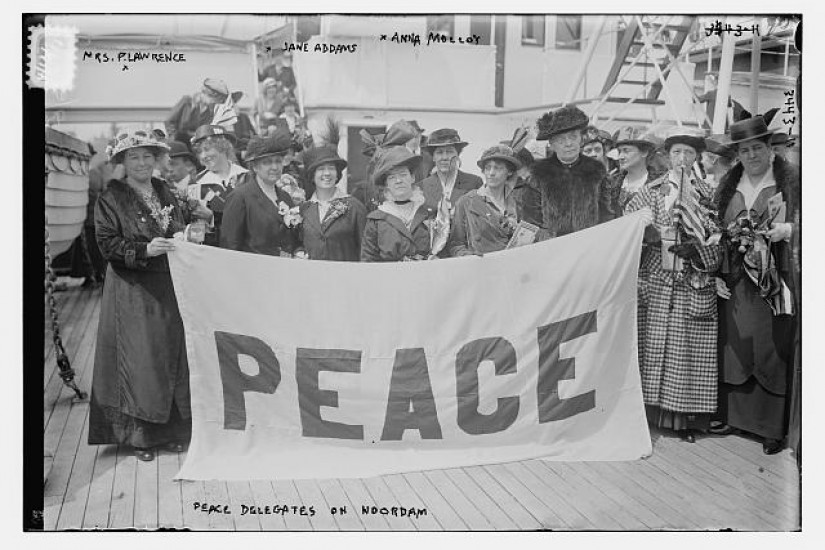A slog, but not without rewards: that’s what best describes this account of Americans who opposed U.S. participation in the European War of 1914–1918. While Michael Kazin, a historian of progressive bent who teaches at Georgetown University, tells an important story, his book suffers from a want of zip. The narrative meanders. The prose lacks sparkle. Still, for the patient reader, War Against War offers much to reflect upon.
Kazin’s subject is what he calls “the largest, most diverse, and most sophisticated peace coalition” to that point in all U.S. history. Not until the Vietnam War a half-century later would there be an antiwar movement “as large, as influential, and as tactically adroit.”
Perhaps so, but the American peace coalition that flourished a century ago failed abysmally. It succeeded neither in keeping the country out of the war nor in insulating the home front from war’s corrosive effects once the U.S. eventually intervened.
In what was not even remotely a contest of equals, the forces favoring war proved overwhelming. An approach to “neutrality” that mortgaged American prosperity to Anglo-French victory fostered decidedly unneutral attitudes on Wall Street and in Washington. Ultimately, however, arguments for staying out of war fell prey to vast ideological pretensions. As the stalemate on the Western Front dragged on, more and more Americans succumbed to the conviction that Providence was summoning the United States to save Civilization itself. Foremost among those Americans was President Woodrow Wilson.
